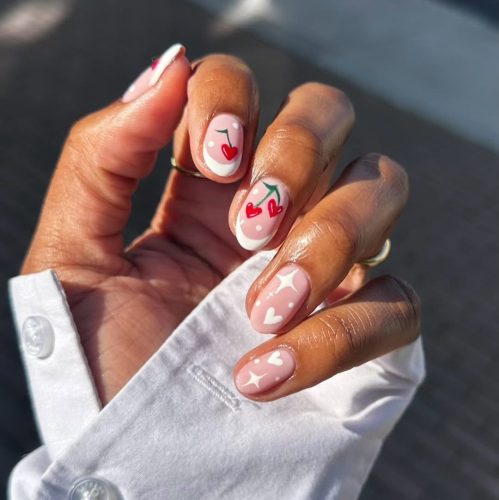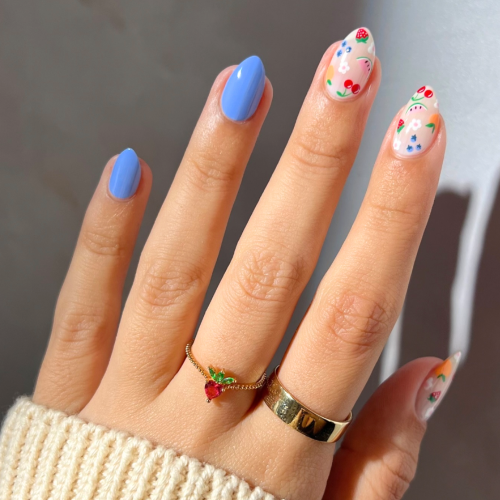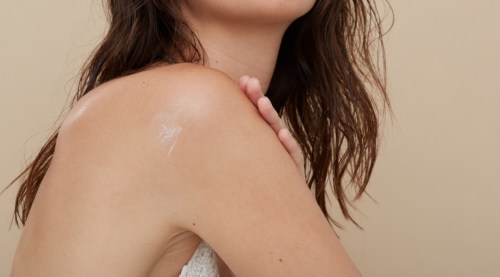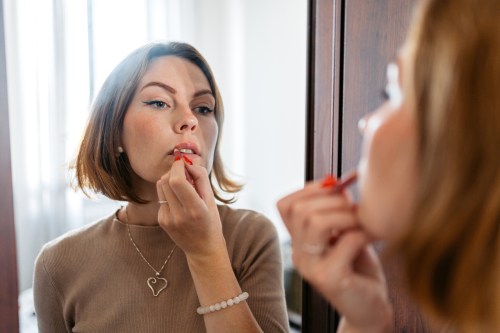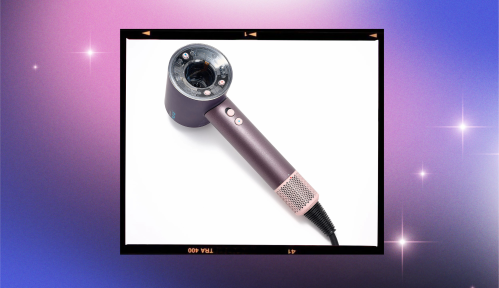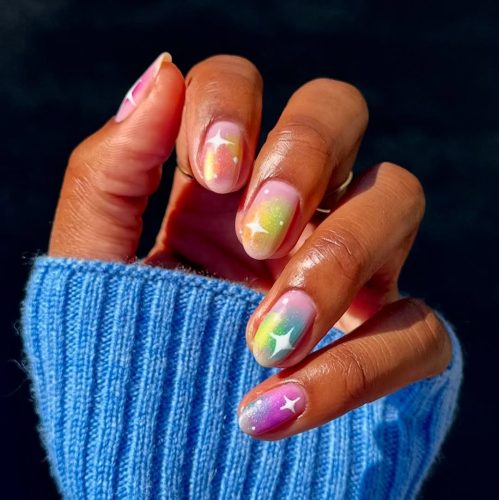Our editors independently select these products. Making a purchase through our links may earn Well+Good a commission
Am I losing my mind, or does my hair actually hurt?
Experts dive into the many reasons your hair might hurt, including bad hygiene habits and more serious neurological conditions.
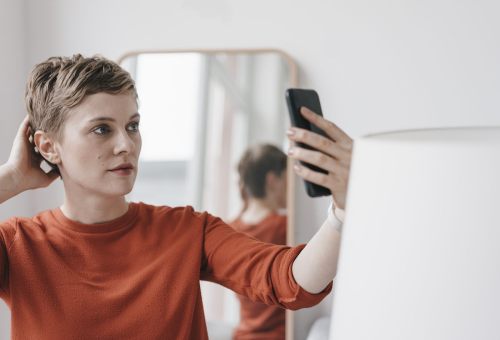
I noticed something weird when I started working from home: My hair hurt. It’s true that without the endless distractions provided by an open office floor plan (ingenious invention that it is), I’m able to pay a lot more attention to myself, and in doing so, I’ve noticed a number of new “ailments.” It’s also true that most of these aches and pains are imaginary. However, it turns out there’s a very real reason this is happening to me, and why it may be happening to you, too.
First off, dermatologist Mona Gohara, MD, tells me that it’s not actually hair strands that hurt in these scenarios, but rather the scalp. “Hair has no blood supply and is made of keratin,” she explains. “Pain sensation comes from the scalp, where the blood supply is ample.” The primary reason such scalp pain occurs, she says, is the same culprit behind many a health woe: inflammation. Dermatologist Joshua Zeichner, MD, explains that inflammation in the scalp stimulates nerve endings, which results in pain. “This may be seen in conditions like severe dandruff or psoriasis, or after allergic reactions to products like hair dyes,” he says.
If a patient complains of pain in the scalp and has flaking, Dr. Zeichner will typically recommend a product like Kamedis Dandruff Therapy Shampoo ($16), which contains anti-inflammatory zinc pyrithione. “It lowers levels of yeast on the surface of the skin, subsequently reducing inflammation and flaking, and may relieve discomfort,” he says.
There are steps you can take if your dye is causing you problems, too. Juli Phillips, master colorist at Los Angeles-based Planet Salon, tells me that if you’re feeling pain in your scalp after a dye sesh, it might also just be that you washed you hair before going into the salon (which is a big no no). So next time, don’t.
I definitely dye my hair every six weeks and sometimes wash it beforehand, but Dritan Vushaj, a stylist at Los Angeles-based salon MARE, offers another potential cause of scalp pain that makes a little more sense for my specific circumstances. “Not washing it or having it in a specific style, where the follicle is forced in a direction it wouldn’t normally lie, like a ponytail, for too long can cause discomfort,” he tells me. In other words, being a dirty/lazy bird (i.e., me) can make you hair hurt.
To remedy the situation, Vushaj recommends rubbing the scalp with a light oil so that the pads of your fingers can work to loosen it up. “I would use a coconut oil and then promptly shampoo it afterwards so as to not block the pores on your scalp if it’s prone to oiliness,” he says. Phillips likewise recommends a good scrub in the shower as well as brushing not just the hair but also the scalp. (Note: Dry shampoo is, in this case, not an acceptable wash alternative, because too much product can also cause pain, particularly if you’re spraying it at the scalp and not the strands.)
On the styling tip, both derms also caution that scalp pain may occur when hair is simply pulled too tightly into a ponytail or other style. “When the hair is pulled back, it puts pressure on the follicles, which can lead to discomfort,” Dr. Zeichner explains. So while a slick ‘tail might work well as a quick fix between Botox sessions, it’s not so great for your noggin. Plus, it can lead to something known as “traction alopecia,” or gradual hair loss. (Not to mention the breakage that can happen when you try to remove an over-wrapped hair elastic, amirite?)
If none of these culprits seem to be the cause of your scalp pain, Dr. Zeichner recommends making an appointment with a neurologist to evaluate whether there is an underlying nerve issue. Please note that he said “neurologist” and not “psychologist,” as there’s a better-than-average chance this weird phantom-esque pain is not all in your head. So to speak…
If your hair is as dirty as mine, you might want to try the epic cleansing mask that transformed one writer’s locks for life. Or, you could stick with a less is more approach—just do it the French girl way.
Sign Up for Our Daily Newsletter
Get all the latest in wellness, trends, food, fitness, beauty, and more delivered right to your inbox.
Got it, you've been added to our email list.
